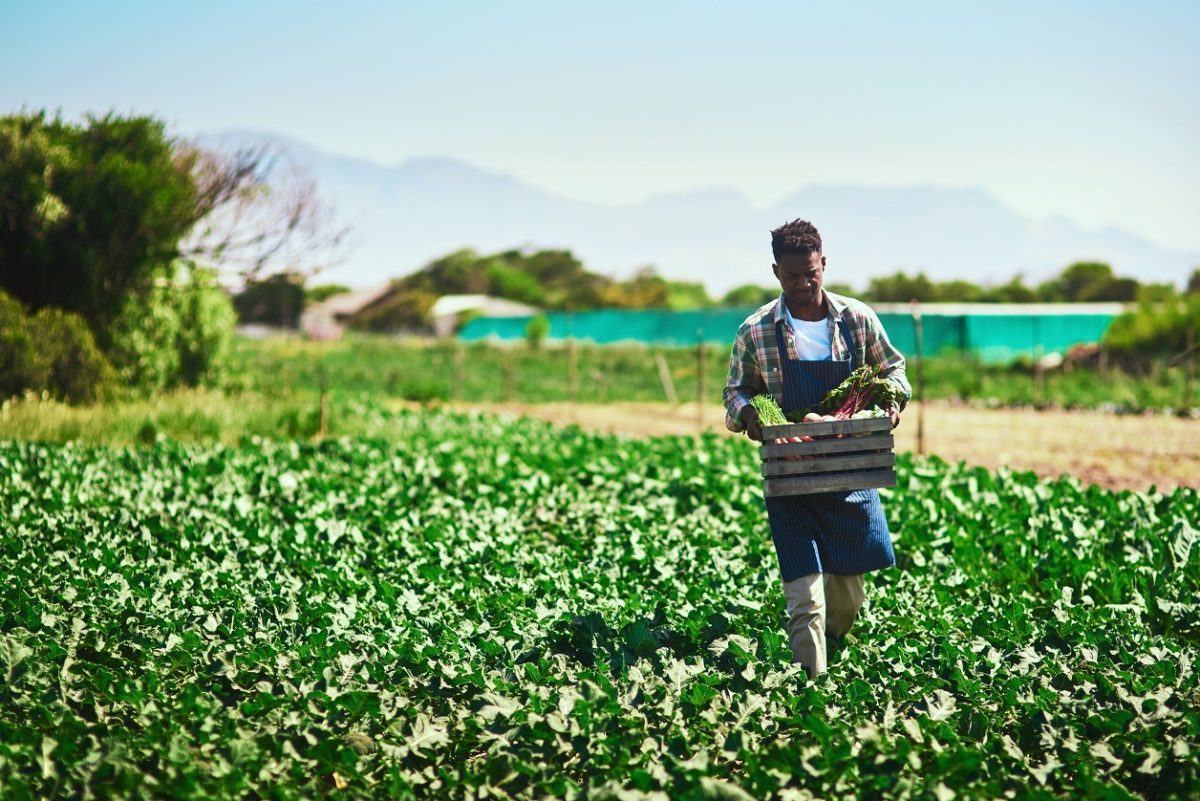Skills development as a tool for sustainable progress towards SDG 2: Zero Hunger in Africa.
17th January 2022

Sustainable agriculture practices are critical for the advancement of SDG2: Zero Hunger in Africa. At the African Management Institute, we believe that agri-MSMEs are the super seed for improving Africa’s food systems, helping to unlock smallholder production capacity in the fight to end zero hunger.
Our recently released agri-white paper explores the human capital challenge, recognising the action steps required to achieve zero hunger and how supporting MSMEs can catalyse this progress. SDG2 sets an audacious goal, acting not as a unique indicator, but instead casting a larger impact on other SDGs such as sustainable livelihoods.
We explore the connection between improving the productivity of smallholder farmer capacity and addressing the African jobs crisis, through accelerating the potential of agri-SMEs. With agriculture accounting for 52% of total employment across Sub- Saharan Africa, the sector remains as a critical focal point for meaningful change.
At AMI, our theory of change in agriculture is built on the premise that supporting MSMEs through key interventions such as building talent capacity, driving innovation, enabling ecosystem development, and supporting the hidden middle can create a positive ripple effect towards the advancement of zero hunger by 2030. Focused on systemic challenges affecting MSMEs, youth, leaders, and ecosystem enablers, our programmes are designed to scale the outcomes of improved production capacity of the food systems.
While a myriad of challenges make the progress towards accomplishing SDG2 slow, we remain keen on exploring the opportunities for growth that addressing human capital barriers can create. Download our white paper to learn more about skills development as a tool for enabling sustainable growth and progress.
To learn more about AMI’s work to help achieve SDG 2 through skills development, or to partner with us, contact Lillian Mwai, Senior Partnerships Manager at lillian@africanmanage1.wpenginepowered.com
Related posts

To Grow or Not to Grow: The Founder’s Dilemma
For many entrepreneurs, the decision to scale is exciting yet challenging. Growth offers opportunities like better supplier rates and access to larger markets, but it also increases the complexity of managing operations, staff, and finances, forcing entrepreneurs to balance ambition with the demands and risks of expansion.

Will Humans Outperform AI in Management?
As AI continues to integrate into the workplace, the question of whether humans will outperform machines in management arises. While AI excels at analyzing data, automating repetitive tasks, and providing insights, humans still have a distinct advantage when it comes to leadership and decision-making.

How to Balance Rules and Energy for Effective Leadership
Jonathan Cook's article examines the balance between rules and creativity in effective leadership. He argues that while rules provide essential structure, excessive rules can stifle innovation and lead to bureaucracy. Conversely, a lack of structure can result in chaos. Cook emphasizes that good rules empower teams by fostering creativity while maintaining direction, highlighting the need for leaders to strike a balance that allows both energy and structure to thrive.